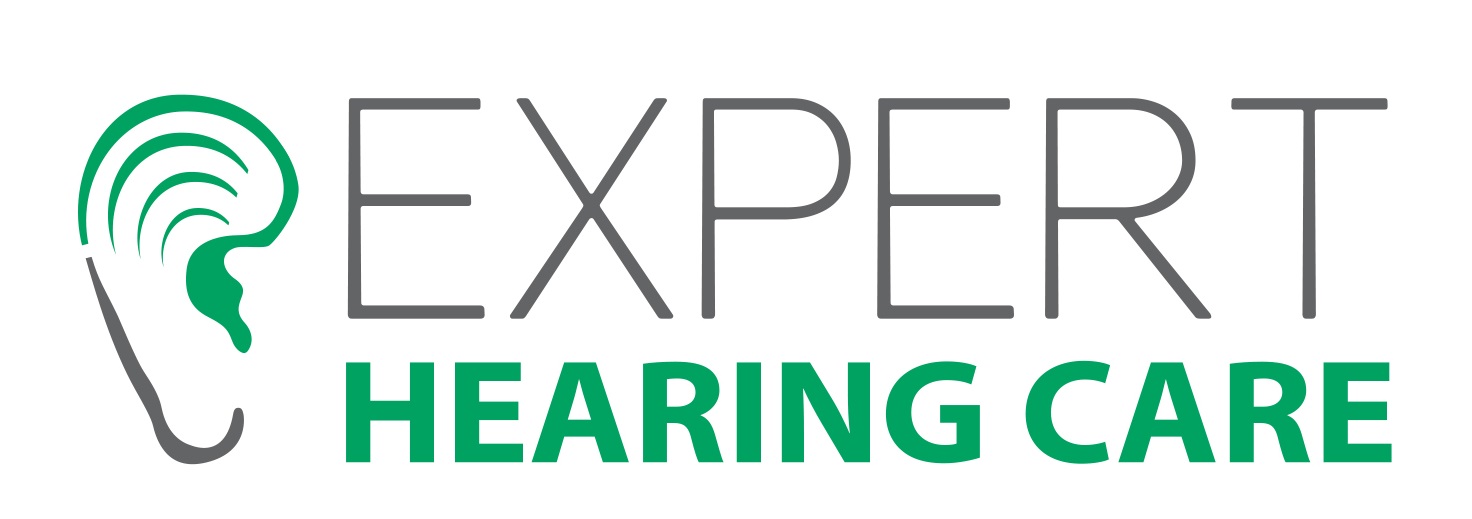Compliments & Complaints
Expert Hearing Care aims to provide quality customer service. Your compliments or complaints are important to us.
How do I make a complaint?
If you have a complaint, we will deal with it quickly and fairly. We are committed to dealing with complaints in a constructive and serious manner. We will tell you what is happening with your complaint and will do everything we can to help you. We will use your complaint to review and improve the way in which we provide services.
Communicating a complaint to us will not affect your rights to receive a service. Communicate your complaint with either the person who provided the service or their Manager at [email protected]. If you are unhappy with the outcome, a formal complaint needs to be lodged. We will assist in resolving your complaint as quickly as possible.
How do I make a compliment?
You can make a comment in person, by telephone, in writing or by emailing us at [email protected].
Our Audiologists and Audiometrists Must:
1. Provide hearing services in a safe and ethical manner.
2. Provide hearing services in a respectful manner and not discriminate against anyone
they interact with in a professional capacity.
3. Obtain consent prior to delivering a hearing service.
4. Promote my client’s right to participate in decisions that affect their hearing health.
5. Not misinform their clients as to their scope of practice, qualifications and
competencies.
6. Not financially exploit clients.
7. Behave professionally and ethically when interacting in a professional capacity.
8. Only make claims in advertising about their hearing services that are supported by
acceptable evidence.
9. Report concerns about the conduct of other health care workers.
10. Take appropriate action in response to adverse events.
11. Adopt standard precautions for infection control.
12. Take appropriate measures to avoid placing clients at risk if diagnosed with an
infectious medical condition.
13. Not provide hearing services under the influence of alcohol or unlawful substances.
14. Not provide hearing services if they suffer from a physical or mental impairment
that is likely to place clients at risk of harm.
15. Not engage in sexual misconduct or other inappropriate intimate behaviour.
16. Comply with all relevant laws and regulations.
17. Adhere to appropriate documentation standards.
18. Be covered by appropriate indemnity insurance.
19. Take full responsibility for people under my supervision.
20. Display this summary of the Code of Conduct and inform clients of how they can
make a complaint.
If you believe that I have, or may have, failed to meet the above requirements regarding my conduct
you should contact the Ethics Officer at [email protected] or (03) 9940 3911.
The Ethics Officer can also assist you with understanding the Code of Conduct, understanding your
options, and forwarding your complaint to relevant entities (if relevant).
The Ombudsman is an officer of the Parliament. The Ombudsman is impartial and independent of the government of the day. The Ombudsman receives, investigates and resolves complaints about State Government agencies, local governments and universities, undertakes major investigations with all the powers of a standing Royal Commission, reviews child deaths and family and domestic violence fatalities and undertakes a range of other functions, including oversighting telecommunications intercept laws and consorting laws.
Complain to the agency first
The Ombudsman investigates complaints about Western Australian public authorities including: State Government departments, agencies and boards; government services such as hospitals, prisons, schools and technical colleges; public universities and; local governments.
A complaint is an “expression of dissatisfaction made to or about an organisation, related to its products, services, staff or the handling of a complaint, where a response or resolution is explicitly or implicitly expected or legally required” (as defined by the AS/NZS 10002-2014 Guidelines for Complaint Management in Organizations).
Make a complaint to the Ombudsman
n the first instance, you should phone the Ombudsman’s office to make an enquiry about your concerns with government services. An Enquiry Officer will assist you and determine if your complaint is within the Ombudsman’s jurisdiction.
Telephone: (08) 9220 7555 or 1800 117 000 (toll free from landlines)
What to include in your complaint
Your letter, email or complaint form should briefly explain your complaint. Include details such as:
- Who you are complaining about;
- What you think has gone wrong;
- Times and dates;
- How you have been affected by the issue you are complaining about;
- Details of telephone conversations and meetings;
- Copies of relevant documents (eg letters);
- The names of people you have dealt with;
- What you have done to try resolve the issue; and
- The outcome you are seeking.
If you need assistance to write down your complaint, our Enquiries Officers can assist you. Contact us on (08) 9220 7555 or Freecall 1800 117 000 to request assistance.
How to submit your complaint
You can make your complaint by:
Write or fax
Print out and complete the Complaint Form – https://www.ombudsman.wa.gov.au/Publications/Documents/forms/Ombudsman-WA-Complaint-Form.pdf
Mail to: Ombudsman Western Australia
PO Box Z5386
St Georges Terrace
PERTH WA 6831
Fax to: (08) 9220 7500
Further information about the complaints process is available on the Guidelines and Information Sheets page or contact the office for assistance:
08 9220 7555
